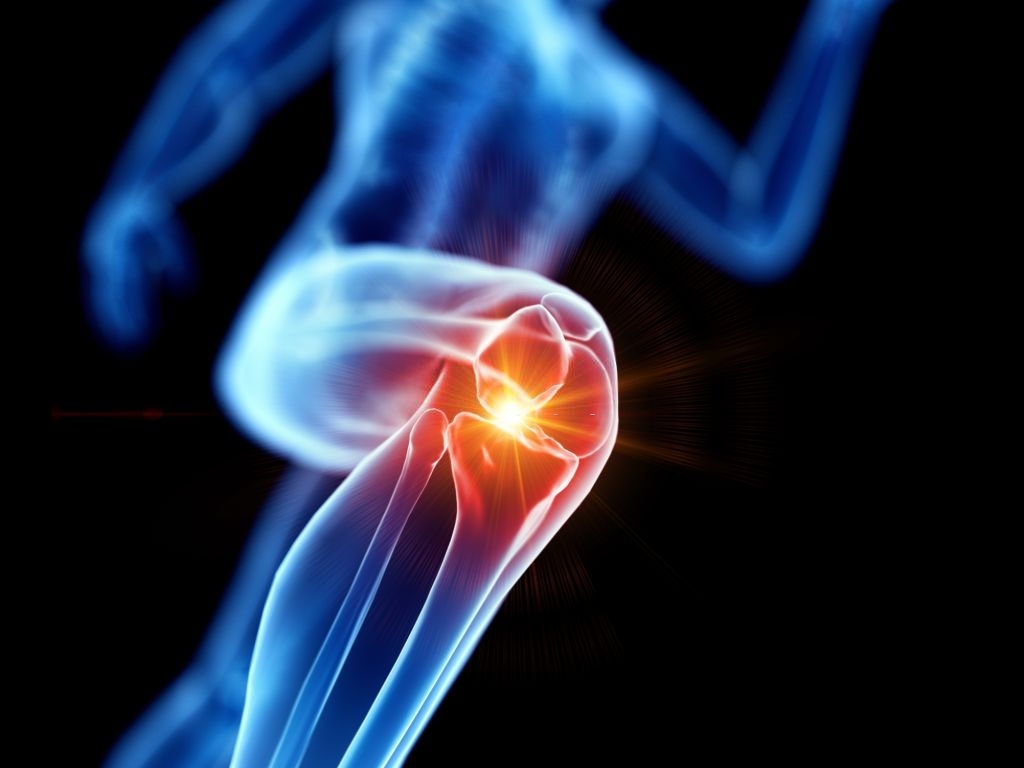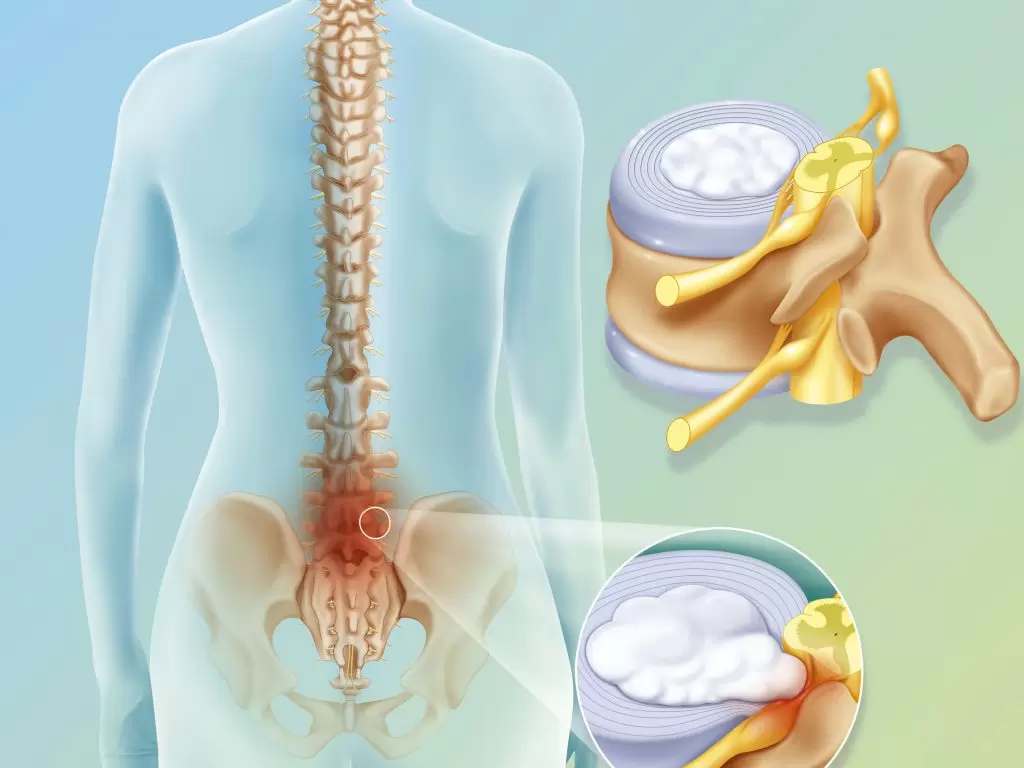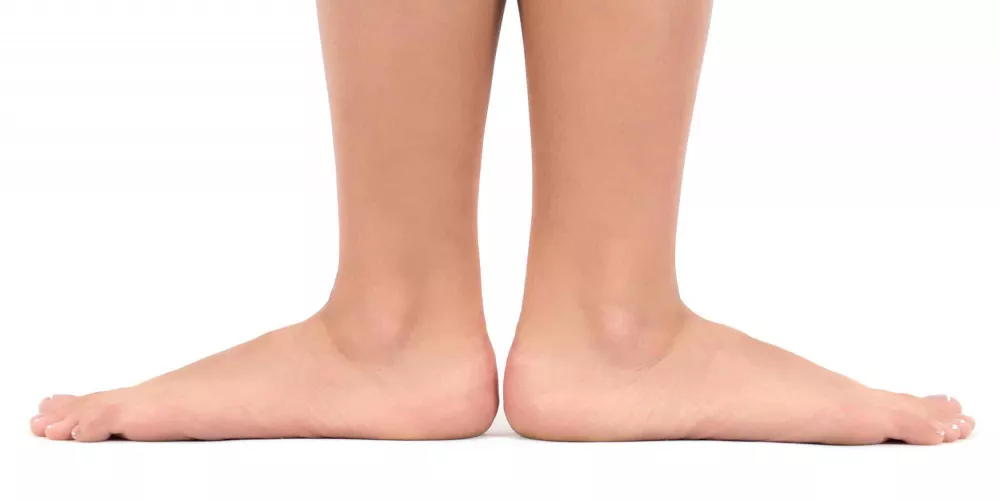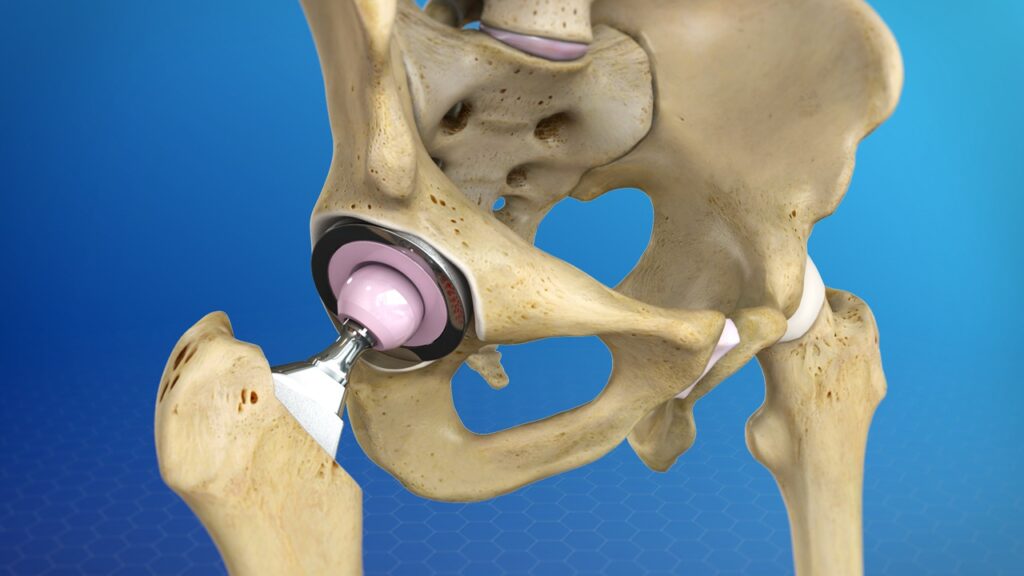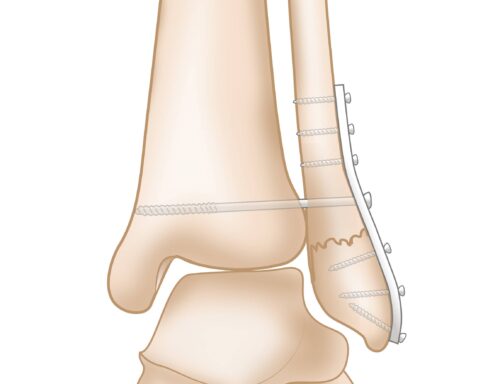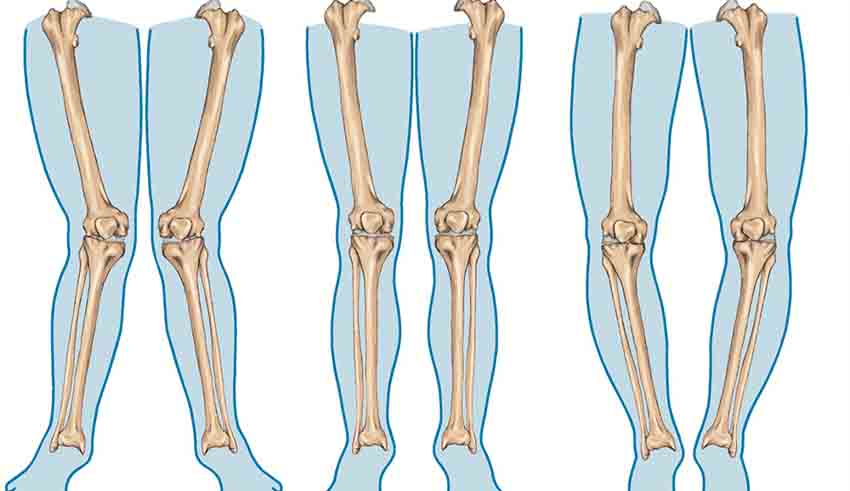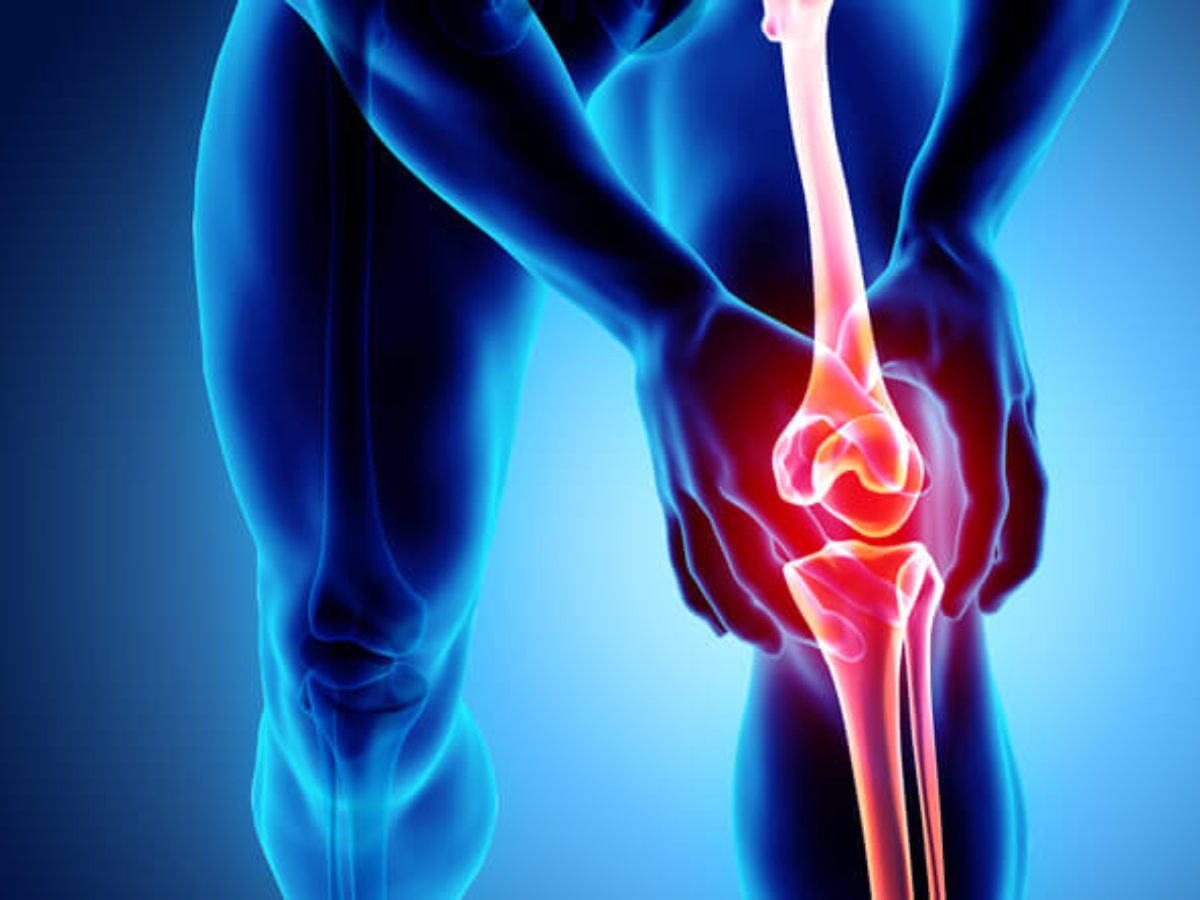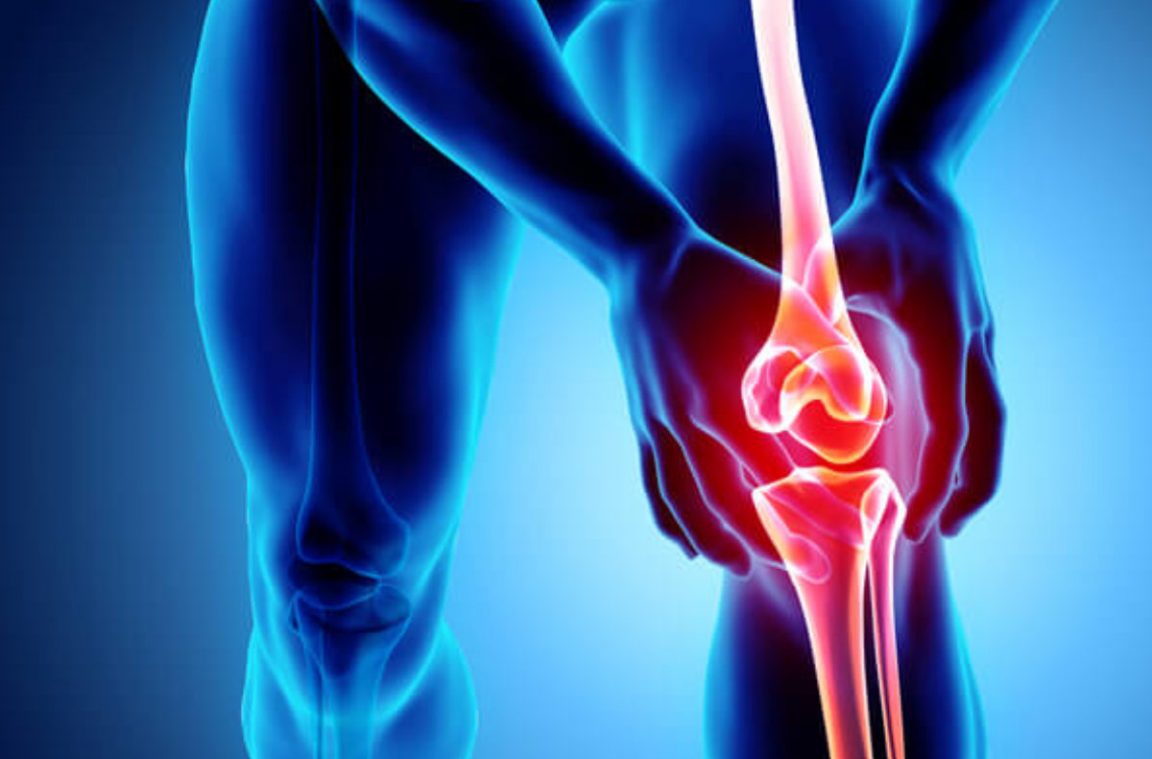Learn More about Shoulder Pain and Who is the Specialist Doctor for Treating Shoulder Pain? Shoulder Pain
Shoulder Pain
Shoulder pain refers to any pain that occurs in or around the shoulder area. Shoulder pain can result from a variety of causes, ranging from direct injuries to conditions associated with diseases. Here are some common causes of shoulder pain:
Injuries: Such as shoulder sprains, fractures, bruises, or tears in the shoulder tendons. Joint diseases: Such as arthritis, frozen shoulder syndrome (where shoulder movement gradually becomes limited). Tendon diseases: Such as tendonitis or tendon rupture. Systemic diseases: Such as heart diseases and gallbladder diseases that may cause pain radiating to the shoulder. Muscle diseases: Such as muscle spasms. Spinal issues: Such as a herniated disc in the cervical spine which can cause pain in the shoulder. Stress and strain: Tension can lead to muscle spasms in the shoulder, resulting in pain.
If the pain is persistent or severe, or if it is accompanied by other symptoms such as discomfort or chest pain, it is best to identify the cause through a doctor’s consultation. In all cases, when the pain is bothersome or affects your ability to perform your daily activities, you should consult a doctor.
What are the Causes of Sudden Shoulder Pain?
If you suddenly feel a sharp pain in your shoulder without any prior warning, you may wonder about the possible causes behind this sudden pain. In this list, we will review some common causes of sudden shoulder pain:
Muscle Strain: Pain resulting from muscle tension and strain might be the cause behind sudden shoulder pain. When you engage in activities that suddenly and intensely use the shoulder, a small tear in the muscle fibers may occur, accompanied by sharp pain. Joint Inflammation: Inflammation in the shoulder joint can cause sudden pain. Joint inflammation usually occurs as a result of injury, musculoskeletal system infections, or continuous strain on the joint due to incorrect movements. Sports Injury: If you regularly play sports, sudden shoulder pain might be the result of a shoulder injury during physical activity. There might be ligament tears or joint sprains, causing sudden pain. Frozen Shoulder Syndrome: This is a painful condition that affects shoulder movement and causes sharp pain. Previous joint inflammation might be the cause behind this syndrome. Fractures: In case of fractures in the shoulder bones, the pain is often sharp and sudden. Fractures may result from accidents or falls on the shoulder.
It is crucial to consult a doctor in the case of sudden and severe shoulder pain, to get an accurate diagnosis, identify the actual cause, and receive the appropriate treatment. Also, avoid any activity that might increase the pain or worsen the condition, and use ice or localized heating to temporarily relieve the pain.
When is Shoulder Pain Serious?
- Rapid and Irregular Heartbeat: If you are experiencing shoulder pain accompanied by a rapid and irregular heartbeat, it may be a sign of a serious health issue that requires immediate attention. This could indicate problems with the heart or vascular system.
- Sudden Difficulty in Speaking: If you suddenly have difficulty speaking, and it is accompanied by shoulder pain, this could be a sign of a heart attack or stroke. These conditions are emergencies and you should seek medical care immediately.
- High Fever: If you are experiencing shoulder pain along with a high fever, it could be a sign of inflammation in the shoulder or an infection. You should consult a doctor to evaluate the condition and determine the appropriate treatment.
- Swelling in the Legs: If your shoulder pain is accompanied by swelling in the legs, there may be an issue with blood circulation or fluid retention. It is advisable to consult a doctor to evaluate the condition, diagnose the cause, and prescribe the appropriate treatment.
- Excessive Sweating: If you have shoulder pain accompanied by excessive sweating, this could be a sign of a problem with the nervous system or an endocrine disorder. You should see a doctor to evaluate the condition, determine the cause, and prescribe the necessary treatment.
- Loss of Vision: If you are experiencing shoulder pain and notice a loss of vision, this could be a sign of a problem with blood circulation or an eye issue. It is recommended to see a doctor immediately to evaluate the condition and determine the appropriate treatment.
- Chest Pain: If your shoulder pain is accompanied by chest pain, this could be a sign of a problem with the heart or lungs. You should seek medical attention immediately to evaluate the condition and take necessary measures.
In summary, shoulder pain should be taken seriously, especially if it is accompanied by the symptoms mentioned above. If the symptoms are severe or persistent, you should consult a doctor to evaluate the condition, determine the cause, and prescribe the appropriate treatment.
How to Get Rid of Shoulder Pain?
Shoulder pain can be bothersome and affect your daily life and ability to perform various activities. Below is a list of effective ways to get rid of shoulder pain:
- Consult a Doctor: First and foremost, you should consult a specialist to assess your condition and guide you towards the appropriate treatment. The doctor may prescribe anti-inflammatory drugs or pain relievers to alleviate symptoms.
- Physical Therapy: Physical therapy is effective in relieving shoulder pain. A physical therapist will assess your condition and determine the best type of treatment for you. Through exercises aimed at improving shoulder function and alleviating pain, physical therapy can promote recovery.
- Surgery: In some severe cases, surgery may be the best option to get rid of shoulder pain. The surgeon repairs or removes the affected parts in the shoulder to achieve significant symptom improvement.
- Avoid Strenuous Activities: Avoid any activity that could increase shoulder pain, such as heavy lifting or strenuous work. Reduce strenuous activities and avoid situations that put extra pressure on the affected shoulder.
- Use a Medical Pillow: Use a comfortable medical pillow to support the shoulder while sleeping. This can help reduce pain and improve shoulder positioning.
- Apply a Hot Water Bag: Apply a hot water bag to the affected shoulder for 15-20 minutes. The heat can help relieve pain, swelling, and improve blood circulation.
- Exercise with Caution: If shoulder pain occurs during exercise, you may need to adjust your techniques or choose a low-impact sport on the shoulder.
- Therapeutic Massage: Therapeutic massage can help alleviate shoulder pain and increase blood circulation to the affected area. Consult a specialist therapist to guide you towards the right techniques for shoulder treatment.
Note: You should always consult a doctor before trying any treatment for shoulder problems and use it properly and safely.
Does Vitamin D Deficiency Cause Shoulder Pain?
Yes, vitamin D deficiency can cause shoulder pain, especially if the pain is severe. You may experience shoulder pain for various reasons, including vitamin D deficiency. Vitamin D is essential for bone and muscle health, and when there is a deficiency, it affects the overall strength and flexibility of muscles and ligaments, sometimes leading to shoulder pain.
To alleviate shoulder pain resulting from vitamin D deficiency, it is recommended to consume foods rich in the vitamin, such as fatty fish (like salmon and tuna), eggs, and fatty cheeses. You can also take vitamin D supplements if prescribed by a doctor.
However, I advise you to see a doctor if your shoulder pain persists for more than two weeks, or if you experience difficulty moving your shoulder or arm due to pain. Shoulder pain may be caused by other reasons, such as muscle strain or spasm in the shoulder due to overuse, and it may require medical evaluation to determine the real cause of pain and prescribe appropriate treatments.
Make sure to take care of your overall health, eat a balanced diet, and engage in suitable physical exercises, as this helps strengthen the immune system and maintain bone and muscle health. And don’t forget to consult a doctor before taking any dietary supplements.
How do I know if my shoulder is dislocated?
To determine whether you are suffering from a shoulder dislocation or not, the injury may be accompanied by several clear signs and symptoms. You may notice an abnormal movement of the shoulder, as it appears deformed or displaced from its normal position. You may also feel severe pain in the affected area, and notice swelling and redness around the joint.
Other symptoms that may indicate a shoulder dislocation include feeling unable to move the shoulder normally and naturally. Movement may be restricted, or it may be completely absent. You may also feel weakness in the affected arm and have difficulty using it fully.
If you notice any of these signs and symptoms, it is crucial to consult a doctor immediately for an accurate diagnosis and necessary actions. The doctor may conduct a comprehensive examination of the affected shoulder using X-rays or magnetic resonance imaging to determine the extent of the injury and guide the appropriate treatment.
Please note that this information is based on sources available online, and symptoms and diagnostic methods may vary based on the individual case. Therefore, it is best to consult a specialist doctor for advice and appropriate diagnosis for your specific situation.
What is the treatment for left shoulder pain?
When it comes to treating left shoulder pain, there are several available options that can help relieve pain and improve the condition. Before starting any treatment, it is important to consult a doctor to diagnose the condition and determine the exact cause of the pain. Accordingly, the appropriate steps for treatment will be determined.
Here are some common treatments that can help relieve left shoulder pain:
- Rest and Avoiding Stress: Resting and avoiding stress can be the first steps in treatment. It is crucial to give the shoulder rest and avoid movements and activities that cause irritation or increase pain.
- Simple Exercises: The doctor may recommend some simple exercises that help strengthen the shoulder muscles and improve flexibility. These exercises can help reduce pain and improve shoulder function.
- Medication: In some cases, the doctor may prescribe medications to relieve pain and reduce inflammation. These medications can include non-steroidal anti-inflammatory drugs (NSAIDs), painkillers, and cold or hot compresses.
- Physical Therapy: The doctor may recommend physical therapy as part of the treatment. Physical therapy uses techniques such as massage, manual therapy exercises, and rehabilitative exercises to improve shoulder function and reduce pain.
- Acupuncture and Kinesiology Taping Techniques: The doctor may recommend alternative methods such as acupuncture and kinesiology taping techniques. These techniques work to support the muscles, improve stability, and relieve pain.
Consulting a doctor before implementing any treatment method is necessary to ensure following the appropriate approach for your condition. The doctor may recommend improving matters such as behavioral habits or body posture during work or at home. Repeating treatments may be necessary to achieve the best results.
Remember that left shoulder pain could be a result of several causes such as sprains, muscle tears, arthritis, and tendon damage. Therefore, it is important to diagnose the exact cause of pain and take appropriate steps for treatment.
Can tension cause pain in the left shoulder?
Yes, tension can cause pain in the left shoulder. The left shoulder is one of the body parts that is commonly subjected to stress and can result in various pains. Persistent tension in the shoulder and neck muscles leads to their spasm and contraction, causing severe pain in this area.
One of the common reasons for left shoulder pain is the continuous tension of the neck and shoulder muscles. These muscles can become tense and strained due to psychological and physical stress. This may occur when we face psychological or physical threats in our daily lives.
In addition, psychological stress can increase the body’s sensitivity to pain (hyperalgesia), which enhances the feeling of pain in the left shoulder. This condition is called stress-induced analgesia or stress-induced hyperalgesia.
When this continuous strain and contraction occur in the left shoulder muscles, it can lead to swelling of blood vessels in that area, thereby compressing the nerves and causing pain in the shoulder.
When we lean forward for long periods, such as during office work, the left shoulder muscles bear the weight of the 10-pound head, leading to additional strain on those muscles and increased pain in the left shoulder.
It is important to properly address left shoulder pain caused by stress. Treatment requires focusing on relaxing and relieving tension in the painful muscles. The source of stress must also be effectively dealt with to prevent the exacerbation of left shoulder pain.
Therefore, efforts should be made to reduce psychological and physical stress, and engage in light physical exercises to strengthen the muscles and increase flexibility in the left shoulder area. Relaxation techniques and physical therapy can also be used to alleviate pain and improve the overall condition of the shoulder and neck.
Do not forget that consulting a doctor or a specialist in physical therapy is essential before adopting any treatment regimen or exercising to treat left shoulder pain associated with stress.
What is tendinitis in the shoulder?
You may sometimes experience pain in the shoulder area, and one of the common reasons for this pain is tendinitis in the shoulder. Tendinitis occurs when the tendon in the joint becomes inflamed. This inflammation results from overusing the shoulder or excessive movement, affecting the tendons surrounding the joint.
This condition is also called “tendon sheath inflammation” and causes pain and stiffness in the shoulder. The patient may experience gradual pain that escalates, especially when engaging in intense sports activities or lifting weights beyond their capacity.
Poor body posture can also lead to this inflammation. For example, sitting in an incorrect posture for a long time may put excess pressure on the tendon in the shoulder. Any tendon can become inflamed, but inflammation is common around the shoulders, elbows, wrists, knees, and heels.
Although tendinitis in the shoulder causes pain and stiffness, most cases can be treated using the following methods:
Rest: Avoid using the affected shoulder for some time to allow the tendon to heal. Pain management: Pain relievers such as aspirin or ibuprofen can be used under medical supervision. Anti-inflammatories: Non-steroidal anti-inflammatory drugs (NSAIDs), such as naproxen or ibuprofen, can be used to reduce inflammation in the affected area. Physical therapy: You can benefit from physical therapy sessions to strengthen the muscles around the shoulder and improve its movement. Activity modification: Try to avoid activities that require intensive use of your shoulder, and adjust your posture during daily activities to reduce pressure on the tendon.
In some less common cases, arthroscopic medical treatment may be necessary to relieve pressure on the inflamed tendons. In advanced cases, a tendon tear may occur, which may require surgical intervention.
What causes shoulder pain when sleeping?
What is the cause of shoulder pain during sleep? Right shoulder pain during sleep can be bothersome for many and cause discomfort. There are several possible reasons for this pain.
Right shoulder pain during sleep can occur due to the additional pressure that the body exerts on the shoulder when sleeping on the right side. Those affected by shoulder pain should schedule an appointment with an orthopedic doctor to assess their condition and guide them to the appropriate treatment.
Shoulder pain at night is defined as severe pain, which is common among sufferers. Nighttime shoulder pain may be a result of overloading the arm muscles.
The occurrence of pain can result from reducing certain patterns of arm movement in daily life. Regardless of your preferred sleeping position, whether you prefer to sleep on your back, stomach, or side, the pain may persist as it is.
Although the body tends to relax and alleviate symptoms during sleep, this is not always true for some people. Often, sufferers experience a significant exacerbation of pain after waking up, and they may be unable to return to sleep because of it.
This occurs due to the settling of inflammatory substances in the shoulder during the rest period, causing less blood flow and the stabilization of these substances. Therefore, it is advised to consult a doctor to assess the symptoms and determine the exact cause of shoulder pain during sleep and identify the most appropriate treatment approach. This may require a comprehensive examination to determine the accurate diagnosis and follow the appropriate treatment.
Who is the specialist doctor for shoulder pain treatment?
Dr. Amr Amal is one of the best doctors specialized in treating shoulder problems. He has gained wide recognition due to his extensive experience in this field and his high skill in successfully performing shoulder surgeries. Dr. Amr Amal is an excellent choice for those suffering from shoulder pain and seeking high-quality medical service.
Dr. Amr Amal enjoys an excellent reputation as a professional and competent orthopedic surgeon. He collaborates with his colleagues at the hospital and university to provide the best healthcare for patients. He always strives to provide personal and professional service to patients, taking care to listen to their problems and address them carefully. It is worth noting that Dr. Amr Amal follows the highest standards of infection control within the clinic, ensuring the safety and wellbeing of patients.
In conclusion, if you are looking for the best doctor to treat shoulder problems in Nasr City, booking an appointment with Dr. Amr Amal is the optimal choice. He is a professional, highly experienced doctor with an excellent reputation in the field of shoulder surgery. He uses the latest techniques and modern tools to ensure successful surgeries. Make sure to choose your doctor carefully, as a good doctor is key to getting good results from the surgery you need.


